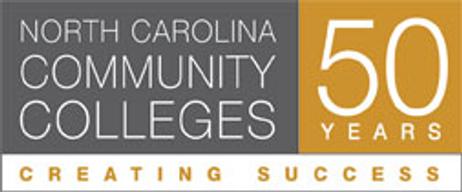Careers
With the convenience and efficiency of EHRs, patient information can be recorded and sent to approved medical providers and treatment centers with less hassle for both patients and medical providers. EHRs typically include information such as, “Patient demographics, progress notes, problems, medications, vital signs, past medical history, immunizations, laboratory data, and radiology reports.”
EHRs are gaining steam in medicine and healthcare, and subsequently, students can take advantage of a growing and lucrative healthcare career in EHRs starting at their local community colleges.
This video explains what an EHR or Electronic Health Record is.
The Rising Demand for EHRs
EHRs essentially serve to streamline communication and informational systems among clinicians. By generating complete records of a patient’s medical and treatment history, an EHR offers an array of benefits, including reducing a clinician’s workflow, as well as providing patients with improved healthcare services. Elaborating on this, as the Health Information Management Systems Society explains, EHRs offer direct or indirect interface features, providing health care workers with details “Including evidence-based decision support, quality management, and outcomes reporting.”
Investigating EHRs’ applications in the professional setting, studies prove that EHRs are significantly boosting patient health and recovery. As PR News Wire reveals, a randomized study of EHRs conducted by Kaiser Permanente found that the use of EHRs helped to reduce the risk of cardiac-related deaths by 73 percent! Specifically, by using EHRs to streamline communication, “Patients






















